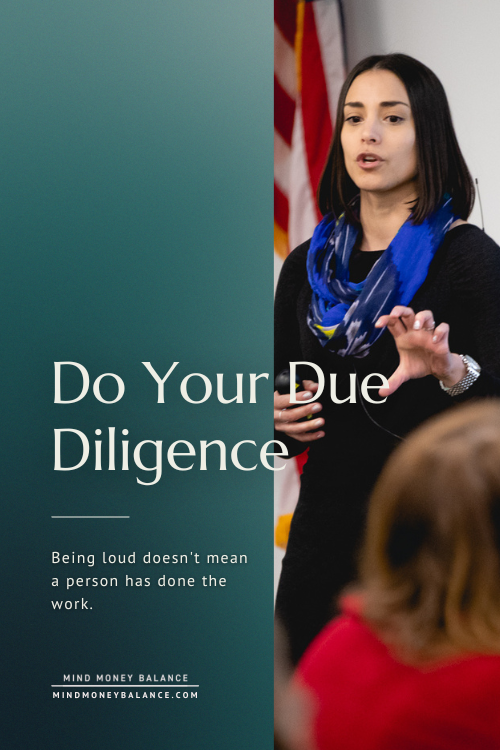You can't be Anti-racist if you aren't Intersectional
Being in an anti-racist space, signing onto someone who has taken an anti-racism pledge, or being in a room led by a BIPOC doesn't mean that you are in a safe space.
When we omit intersectionality, we risk harming, traumatizing, re-triggering, and ostracizing others.
Our system is not only racist; it's inherently patriarchal, cis-normative, made for able-bodied, neurotypical persons, and anti-Muslim and antisemitic.
I have been in supposed anti-racist spaces that are incredibly harmful. Below are just a sampling of things I have heard, seen, and witnessed in what I was told were "safe spaces for BIPOC."
Transphobic/unsafe for enbys. A leader was trying to be inclusive of transgender and enby folx by saying, "Oh what are we saying now? 'they?'" with a nervous laugh and an eye roll.
Unsafe for Muslims and Jews: An organizer of a meal said, "You are all so picky" during a meal in regards to people trying to keep Kosher or Halal.
Encouraged BIPOC folks to tokenize themselves or use themselves as virtue signaling. As in, "You really need to tell people you are a person of color."
Experienced racist, classist microaggressions (and not so micro), and tone policing when feedback was given. As in, a leader responding with "we aren't in the hood," when someone gave input to the delivery of a program. Being in an online group where posts offering feedback were deleted and comments blocked.
Spiritual bypassing that can land as traumatizing or retraumatizing. As in, an employee coaching me to do something I didn't want to do because it was retraumatizing and telling me it was a "mindset block."
Forcing people into a code of silence (harmful for everyone . . . but especially traumatic for folks who have had to hide: for example, Jews, Muslims, LGBTQIA). Making clients/customers sign a "gag order" that prevents them from ever being able to speak up/speak out when they were harmed, or even offer truthful reviews online or to others.
Do Your Due Diligence
Being loud doesn't mean a person has done the work. Ask for receipts: one person's experience navigating the world as a BIPOC does not mean they are qualified to hold space for all people.
Ask where they did their DEI training, how DEI is incorporated in an ongoing way into the company culture, and ask for the makeup of their company (large companies, ask for the board, smaller companies, ask for employee makeup). One-time training isn't enough and has been shown to backfire because people *think* they are trained, but they've only done tip-of-the-iceberg work.
Get clarity on the ground rules: how do they ensure that the container or space for anti-racism work doesn't end up in the common makeup of "leader" and "students," pitting the leaders as experts and the students as amateurs.
Ask them how they respond when someone is triggered or offers feedback? How will they ensure the person's voice is heard while holding space for them to process? How is feedback solicited and folded into the company's work?
I hope this article helps you ask the right questions if you are starting or re-entering into anti-racist work. To truly be anti-racist, you must be intersectional.
*Note: In this piece, I use the word "company" for succinctness, but you can plug in the word "coach," "therapist," "teacher," or other profession depending on your situation.
More like this
If you would like to learn more about continuing your anti-racism journey, here are just a few resources:
75 Things you can do as a white person to help move the needle toward racial justice
If you are a one of the 2% of Black female physicians, consider joining Dr. Omolara Uwemedimo in her space for Melanin & Medicine


